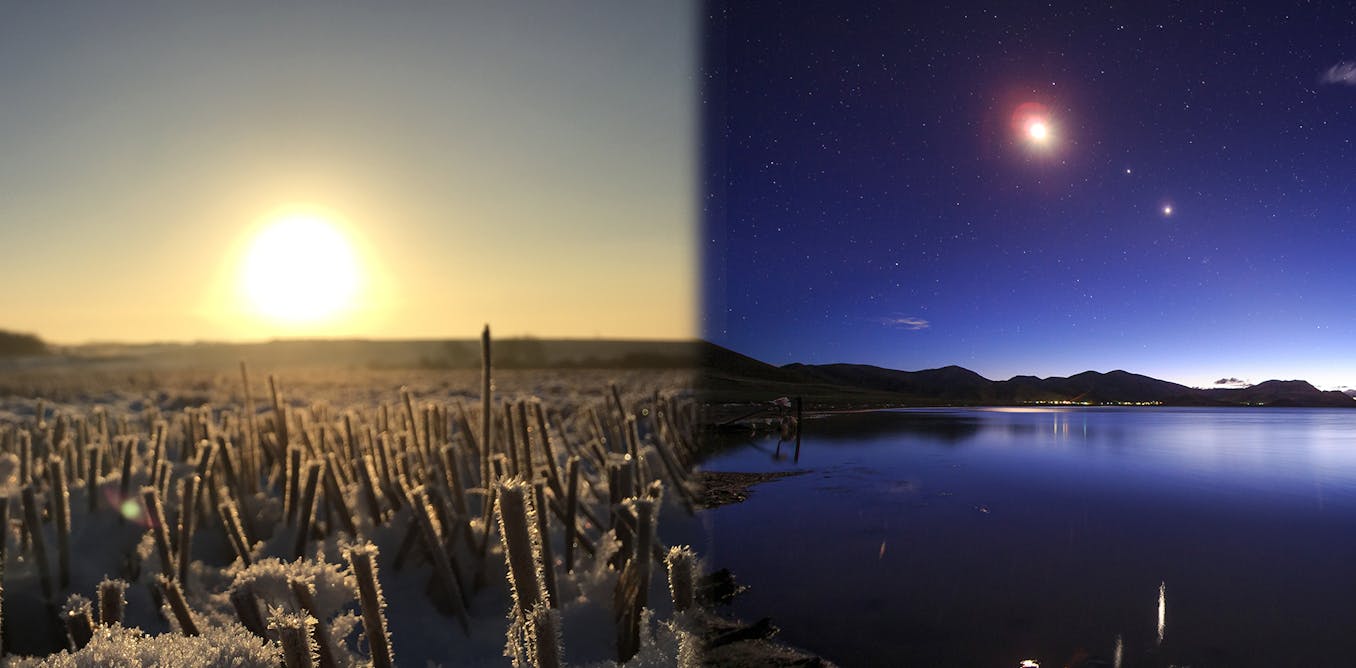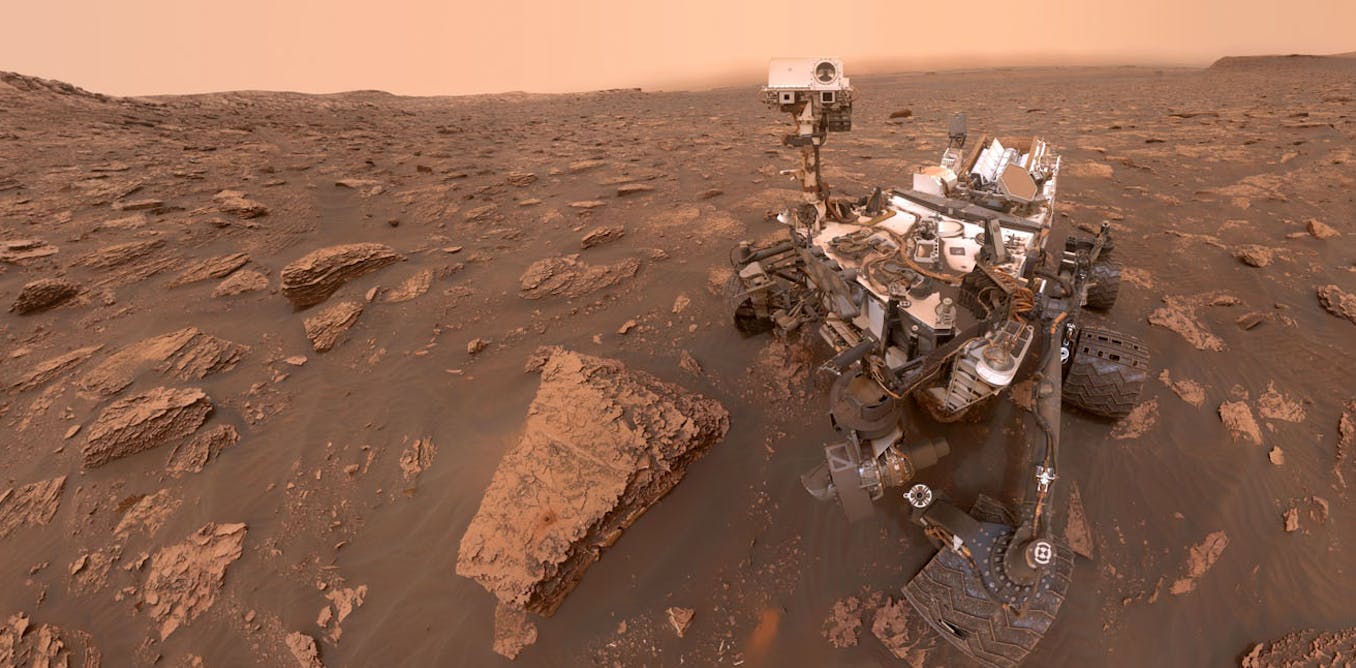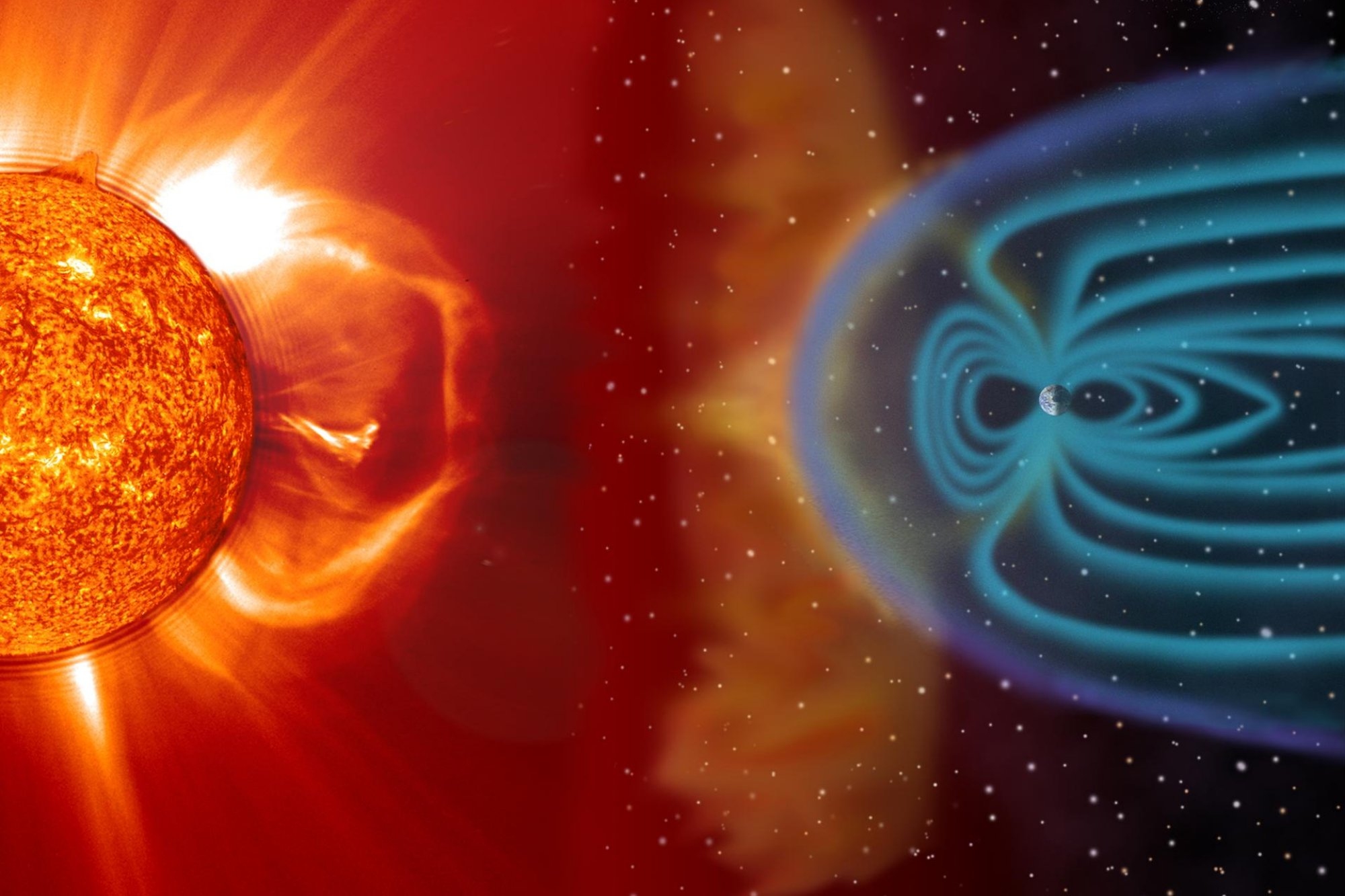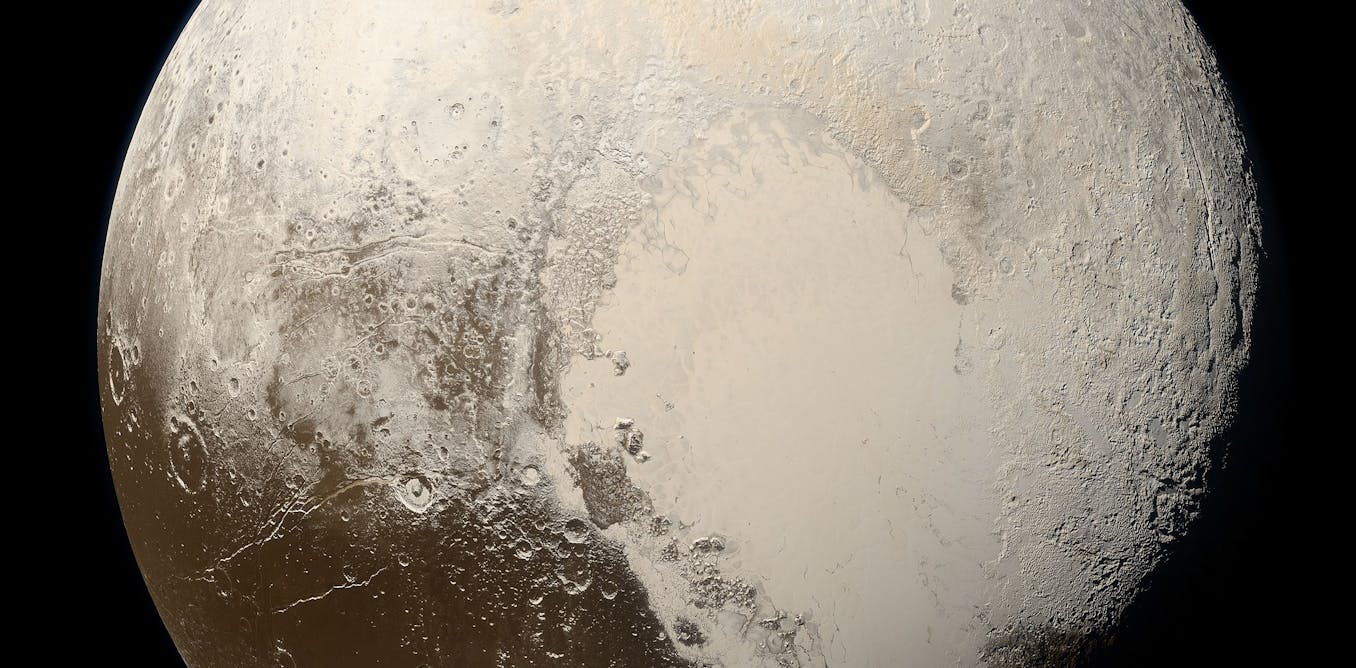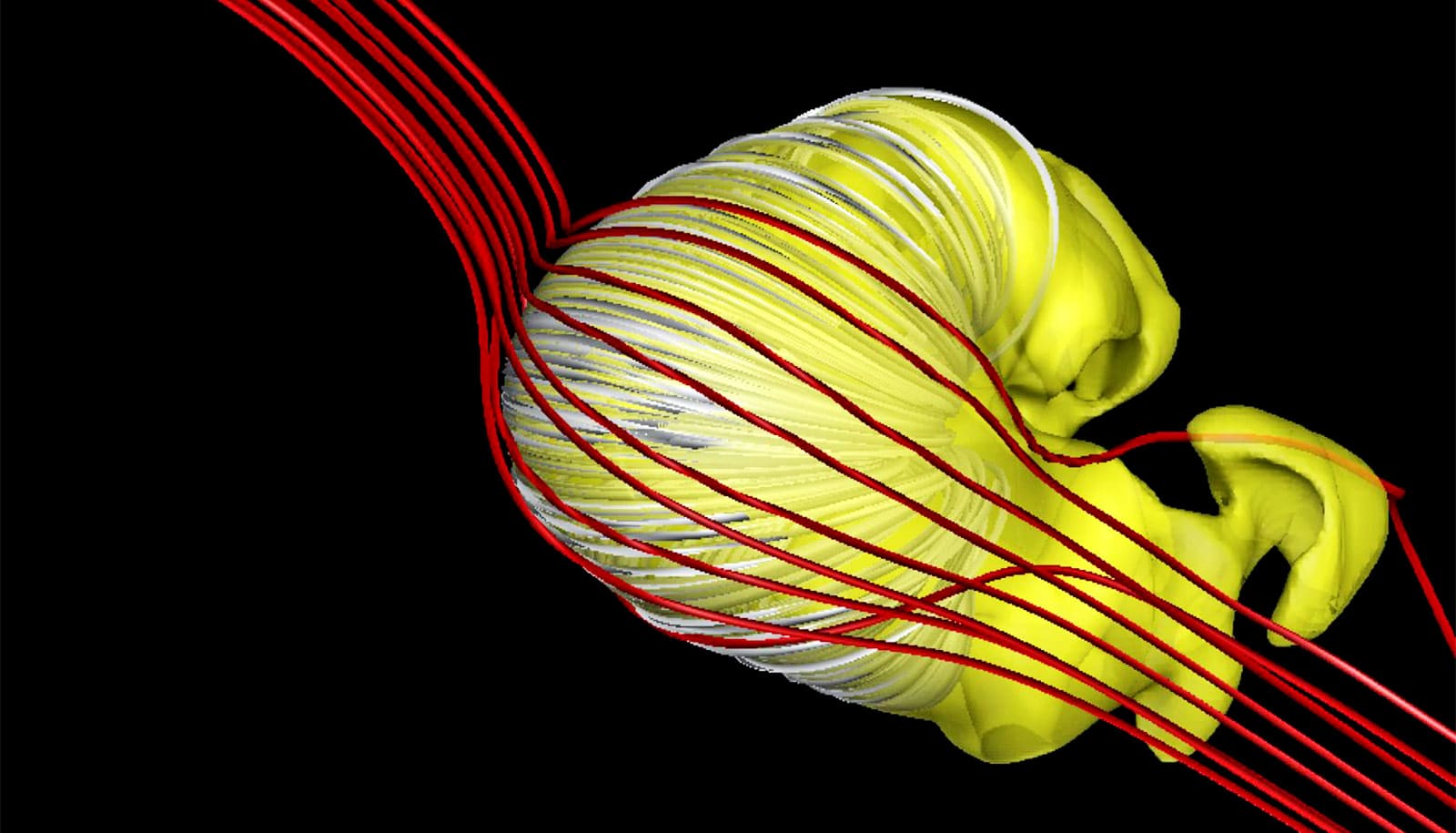What you need to know about this year's winter solstice and the great conjunction
This year's winter solstice is also when Saturn and Jupiter appear closest to each other for 60 years, Here's what you need to know about both the events.
William Teets, Acting Director and Astronomer, Dyer Observatory, Vanderbilt University •
conversation
Dec. 18, 2020 • ~5 min
Dec. 18, 2020 • ~5 min
NASA's OSIRIS-REx will land on an asteroid to bring home rocks and dust – if it can avoid Mt. Doom
OSIRIS-REx will touch down on asteroid Bennu, collect a sample of the dust and begin its journey back to Earth, where scientists will study it, hoping to learn secrets of the solar system's origin.
Elizabeth Cantwell, Professor of Practice for Aerospace and Mechanical Engineering and Senior Vice President for Research & Innovation, University of Arizona
• conversation
Oct. 19, 2020 • ~8 min
Oct. 19, 2020 • ~8 min
/
10


